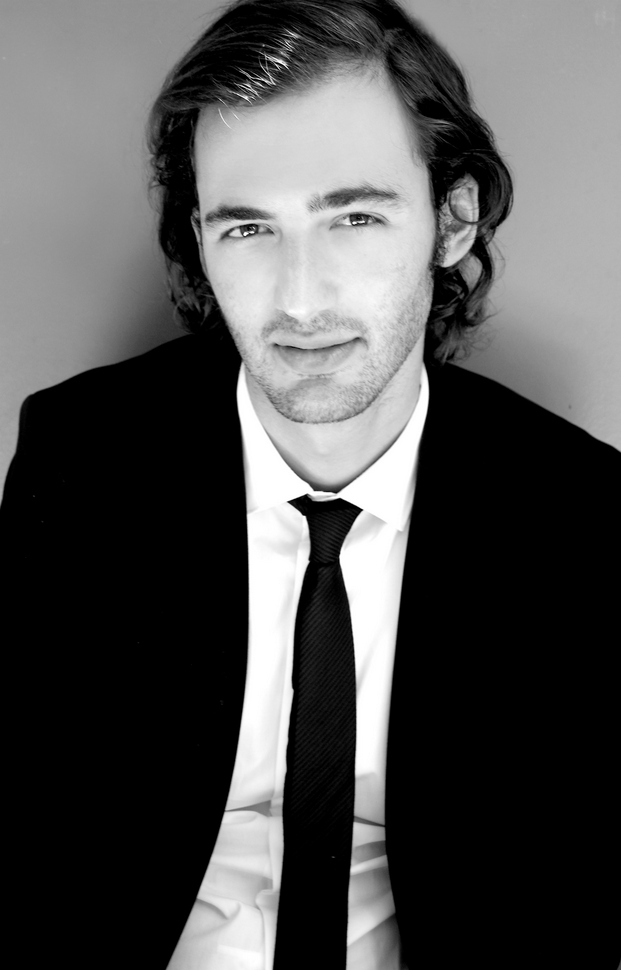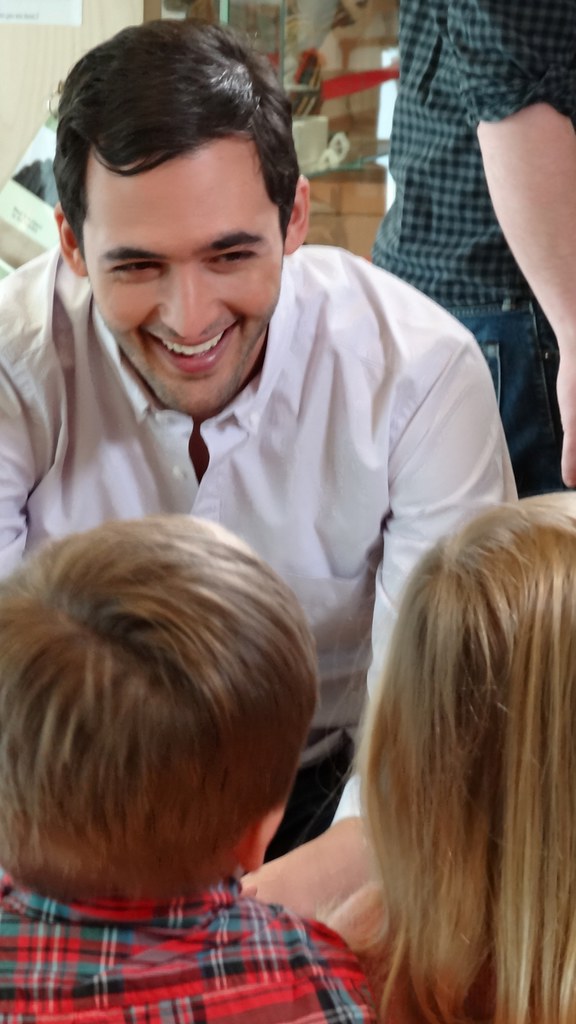National Geographic Channel explores your mind’s mad skills with the new series Brain Games, which uncovers the surprising nature of how we process information, feel emotions, and perceive the world around us. Brain Games is hosted by “idea DJ†and wonder junkie Jason Silva, a modern-day Carl Sagan with a touch of Timothy Leary.
QUESTION: What will viewers see in BRAIN GAMES?
ANSWER: Audiences will be taken on a ride…this is Lean-In programming. We are inviting viewers to play along, to participate in the experiments and games…and through those experiences they will learn something in a visceral way…and then I’ll always pop up on screen to further explain what has just happened. It’s fun, it’s informative, it’s definitely smartertainment!!
QUESTION: How did you get involved with National Geographic Channel, and this series?
ANSWER: After 4 years as a host/producer/presenter on Al Gore’s Emmy-winning Current TV, I went independent and started producing my own content on the web. I created a series of non-commercial mashups I call “shots of philosophical espresso” exploring the symbiotic co-evolution of humans and technology. The videos were artful, stream-of-consciousness distillations of some of the biggest ideas being talked about at places like the TED Conference. Within a few months I had garnered over a million views and some traction in the press, at which point I came to the attention of National Geographic Channel. The show-runner for Brain Games approached me about becoming the host for the new series, as it felt like a natural extension and evolution of what I had been doing on the web space. Within weeks I had been asked to speak at TEDGlobal and that kind of sealed the deal.
QUESTION: When did you film the series? How long did it take to shoot? And where did you film?
ANSWER: Brain Games was shot mostly in New York City with occasional location shoots in Pennsylvania and Las Vegas. We shot a lot on green screen, as well as live interactive experiments on location. We shot over several months, taking occasional breaks so I could attend several speaking engagements worldwide.
QUESTION: Which “experiment†in the series has been your favourite so far? Why?
ANSWER: The fear episode involved an experiment that you will have to watch to fully appreciate it! And they did it to me!!
QUESTION: What were you most surprised to learn while filming Brain Games?
ANSWER: It’s always surprising to discover how the most complicated object in the universe (the brain) can be so easily hacked and fooled. There is simplicity in its complexity and that is kind of what this show is about: How can something so sublime, so infinitely complex, actually be fooled? By tricking the audience, by having them participate in the Brain Games adventure, they will learn an immense amount about how their brains work!
QUESTION: You call yourself an “idea djâ€â€¦what does that mean?
ANSWER: Carl Sagan coined the term “wonderjunkie” in his novel Contact and it really resonated with me, as it seemed to really capture my wonder-lust, my love of ideas! The term “Idea Dj” was used to describe my work initially by The Imaginary Foundation, when attempting to capture what the essence of my online videos were about… You could say I spin ‘ideas’ the way a DJ Spins music.. I remix and wax rhapsodic and make connections between seemingly disparate topics… I’m a lover of weaving improvised “riffs” on topics I am passionate about– There’s a freestyle quality in the way I enjoy thinking out loud.
QUESTION: How do brainteasers improve the brain’s performance?
ANSWER: I believe any context/teaser/experiment that engages the brain in a new and novel way forces us to reconfigure our mental models and stretch our minds, and that’s always a good thing.
QUESTION: Are there certain times of the day when the brain is more efficient/aware?
ANSWER: For me it’s definitely around 11am or noon, after my double espresso!
QUESTION: What mental exercises would you recommend a person do every day to improve their brain performance?
ANSWER: My favourite way to extend my mental universe is to find ways of putting myself “out of context”, throwing myself into situations that “decondition my thinking”… Terence McKenna says “culture is your operating system”, but it’s only one of many… a great exercise to remove your mental constructs is to travel, to see what you’ve never seen, to learn, expand your brain! Life is the ultimate brain game!
BRAIN GAMES AIRS BACK TO BACK EVERY TUESDAY AT 10.00PM AND 10.30PM ON NATIONAL GEOGRAPHIC CHANNEL (ASTRO CHANNEL 553)




